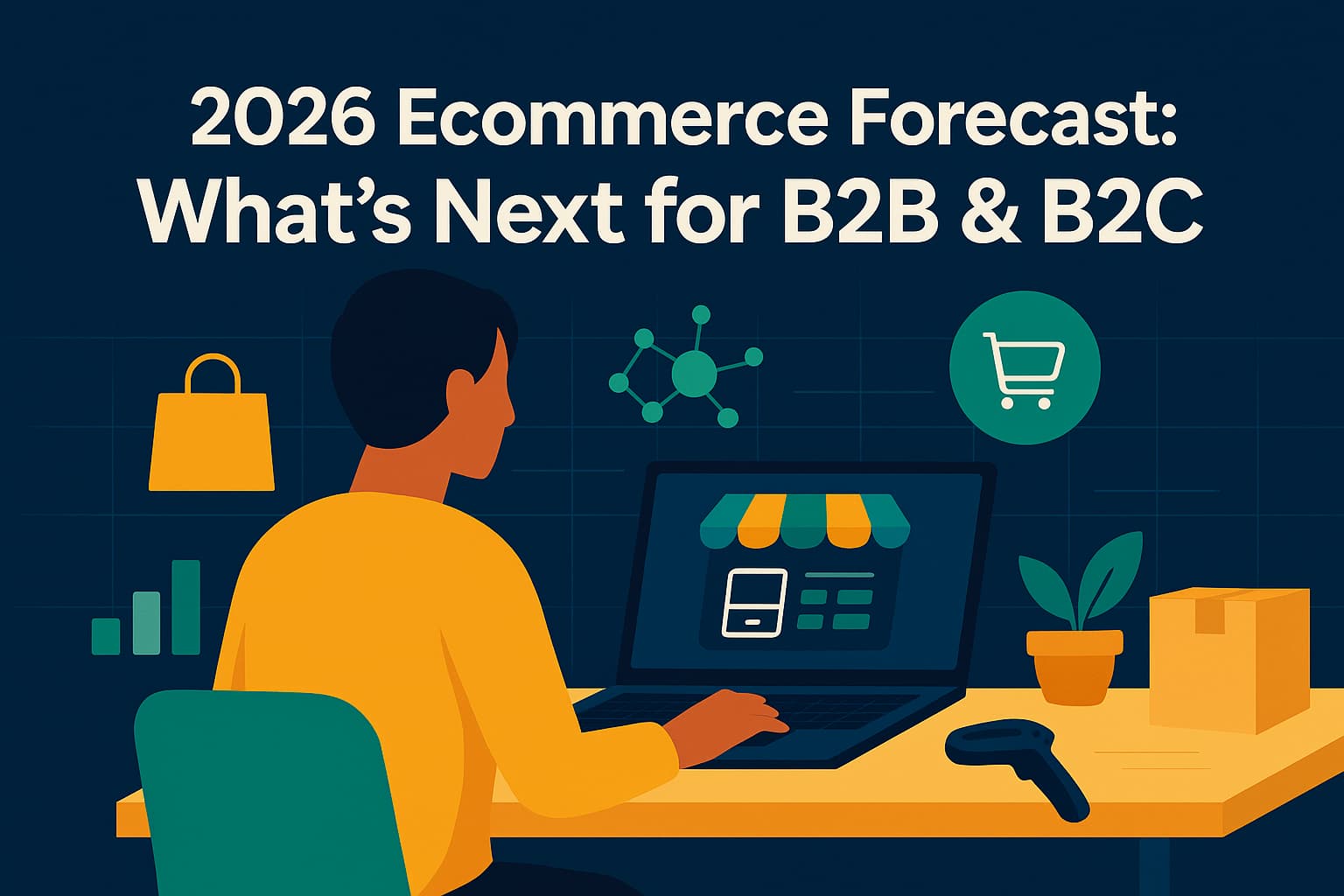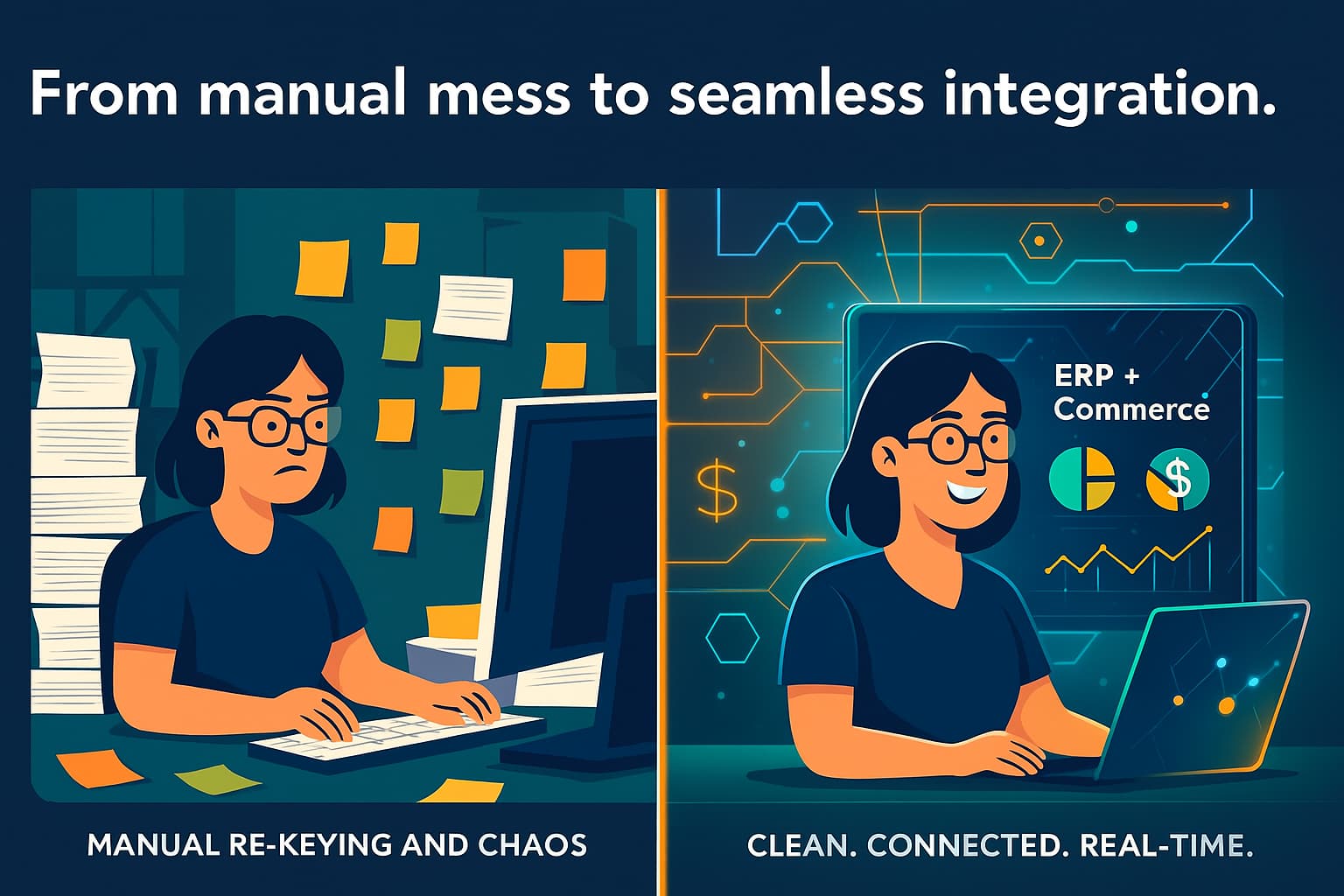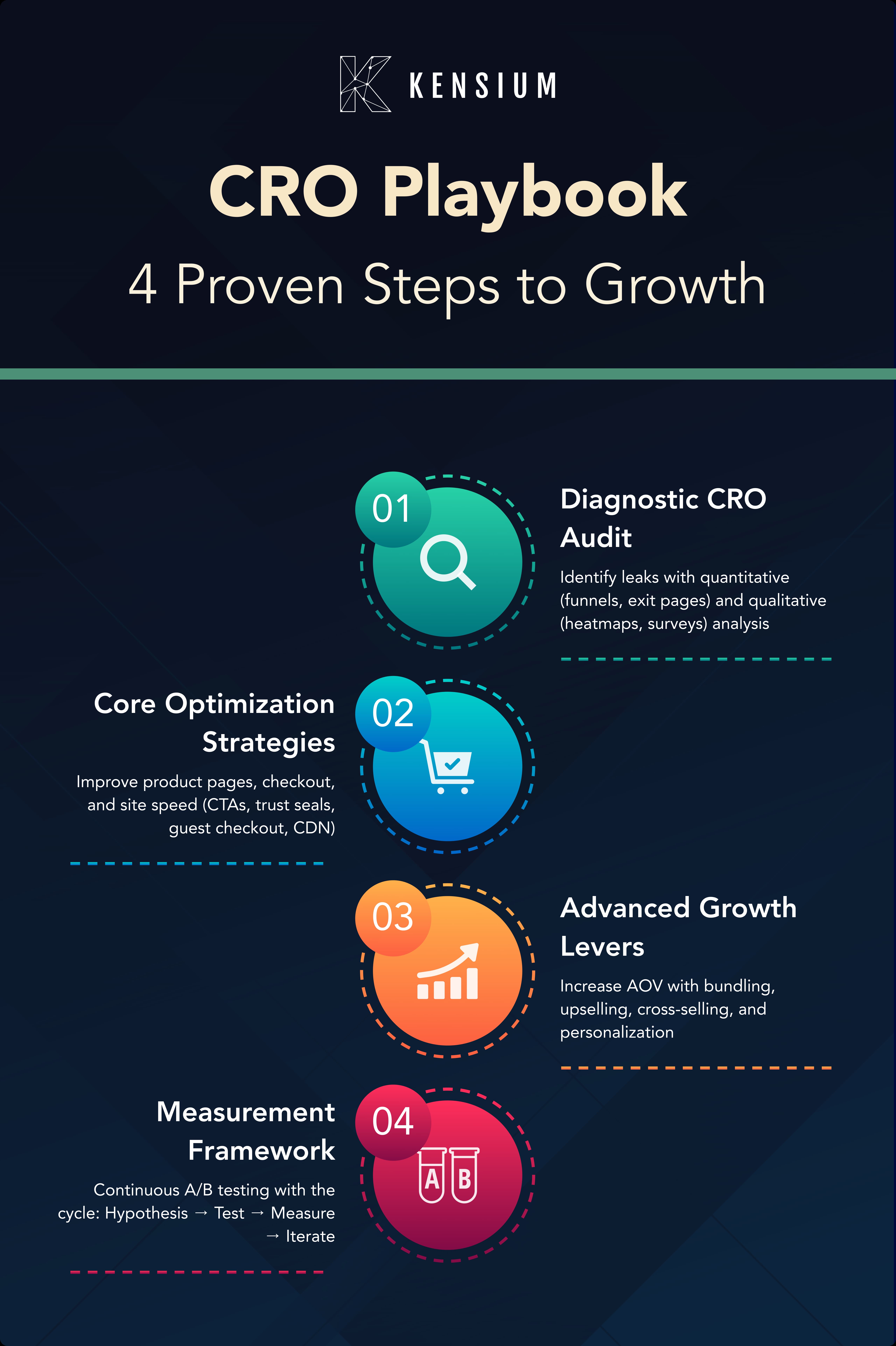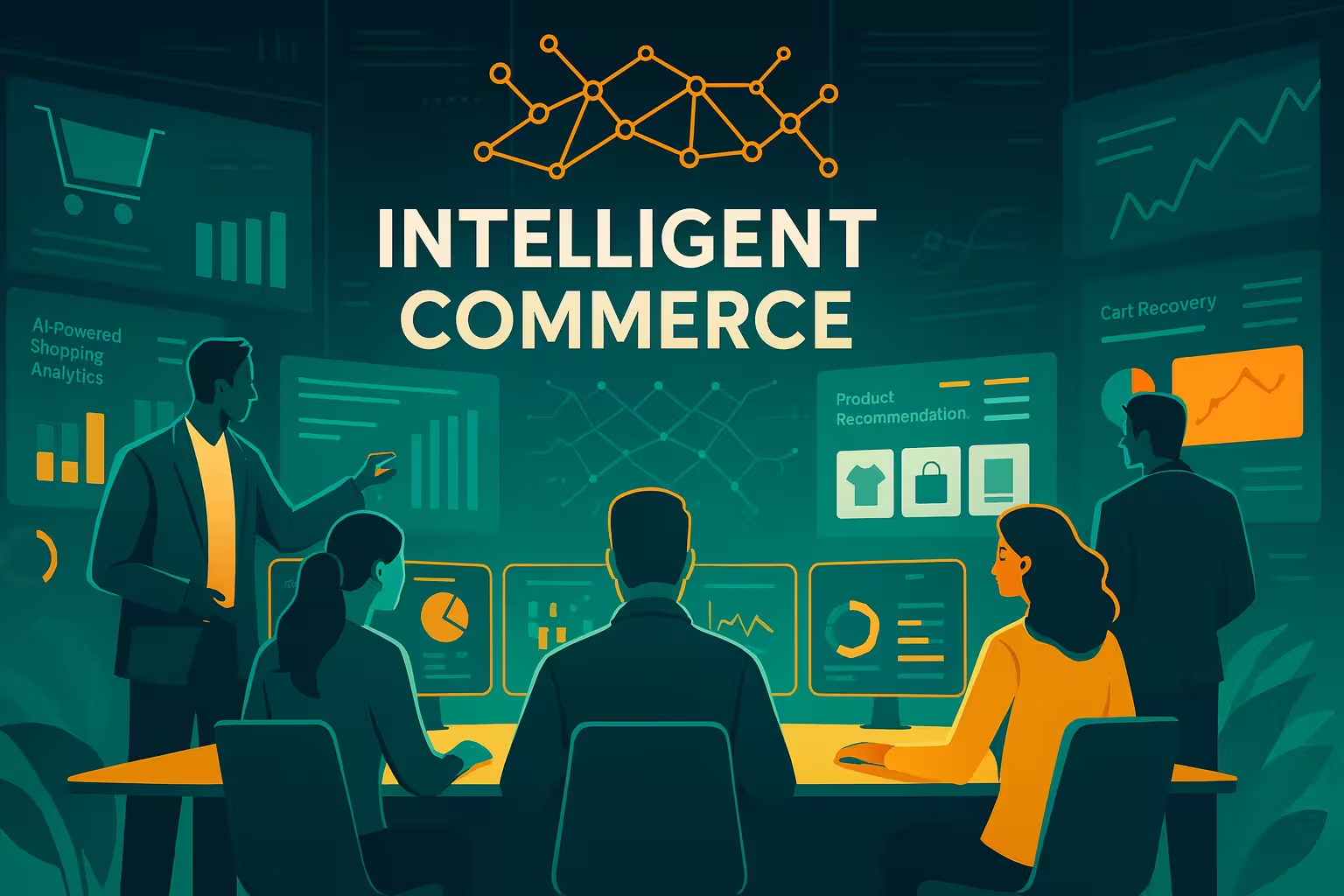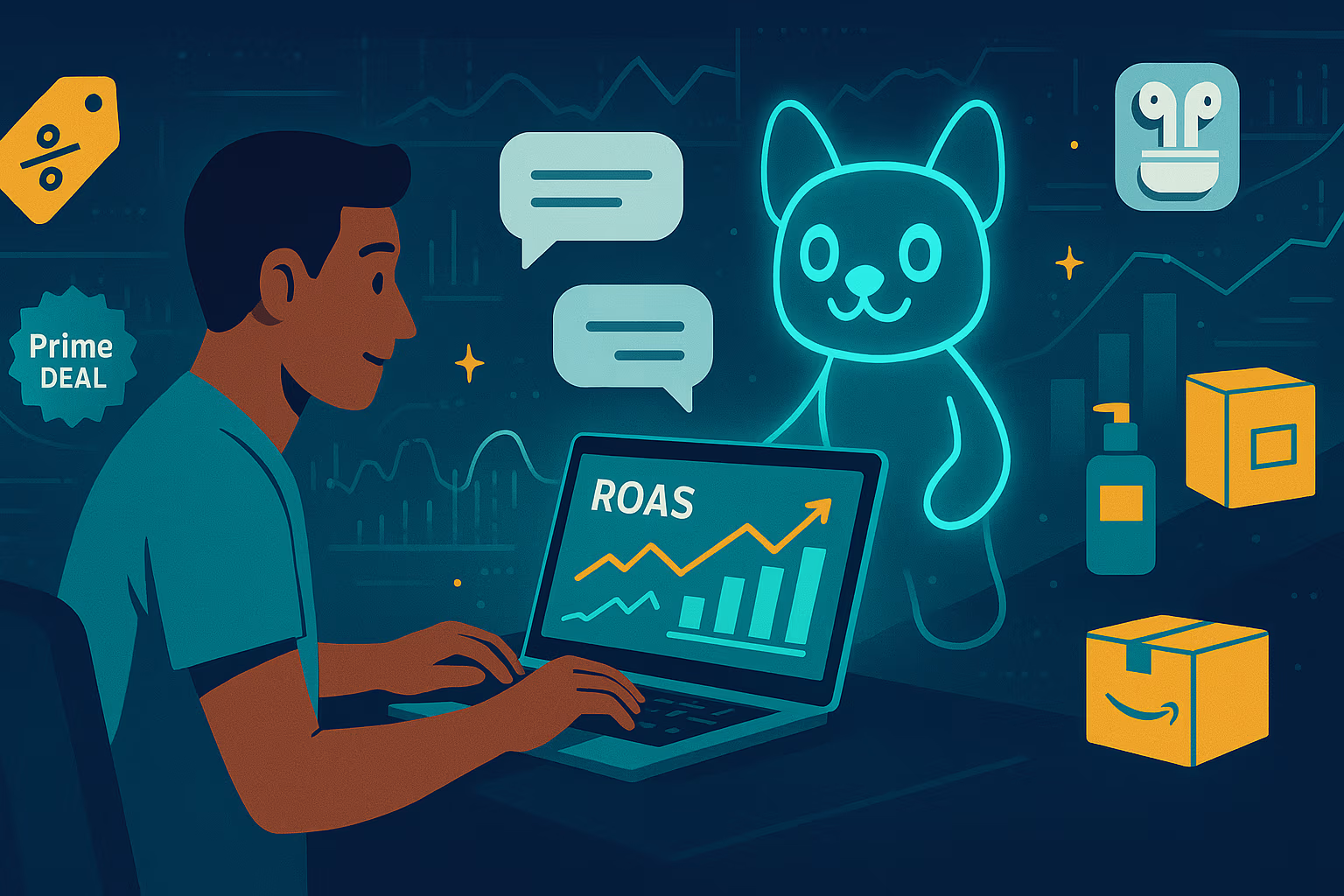
ChatGPT is a large language model, built by OpenAI. The architecture is based on GPT-4, an acronym for Generative Pre-trained Transformer. It is created to produce text that resembles human language and has natural conversations with users. It can comprehend and generate text in different languages and handle a variety of natural language tasks.
Why Does This Matter for Ecommerce?
Harness the power of ChatGPT to conduct research, master data analysis, and create high-quality content including product descriptions, blogs, headlines, and social media posts more quickly and better than ever before. It’s not only an amazing tool but can be a total game-changer.
Role of ChatGPT in Ecommerce Business
ChatGPT plays multiple valuable roles within ecommerce businesses, elevating customer experiences and optimizing operational processes. It serves as a helpful guide, ensuring customers navigate the website seamlessly. Furthermore, it can be instructed to support customers in identifying the best products for their requirements. Leveraging AI models, ecommerce enterprises can utilize browsing and purchase history to offer compelling product recommendations, resulting in increased sales and heightened customer satisfaction.
This machine learning model can enhance the efficiency and effectiveness of ecommerce operations by providing automated support, personalizing the shopping experience, generating content, and facilitating customer interactions. Its versatility and ability to handle various tasks make it an asset for ecommerce businesses looking to improve customer service and drive sales.
Transforming Ecommerce Customer Engagement

ChatGPT can be leveraged for customer support in various ways, enhancing efficiency and customer satisfaction. Here are some of the best examples of how you can use this AI language model:
ChatGPT allows ecommerce businesses to deliver real-time personalization across all customer touchpoints. They can provide instant responses to the most common questions that customers have, recommend products, and share detailed order status updates.
- Automated Responses
It can provide instant responses to frequently asked questions (FAQs) and common queries, reducing the response time for customers. For instance, when a customer asks about shipping options, ChatGPT can provide a detailed answer with shipping details and options. - 24/7 Availability
It can offer round-the-clock support, ensuring that customers can get assistance at any time, even outside regular business hours. - Order Management & Inventory Tracking
It can provide real-time updates on order status, shipment tracking, and estimated delivery dates. Let’s say a customer poses the question, “Where is my order?” and this pre-trained AI model can get the real-time tracking details and more. This can help ecommerce businesses to reduce supply chain disruptions and optimize stock availability. - Product Recommendations
When customers seek product recommendations or are unsure about which product to choose, it can analyze their requirements and specifications and recommend products effortlessly. - Troubleshooting and Technical Support
It can guide customers through basic troubleshooting steps for technical issues with products. For example, it can guide a customer in resolving a Wi-Fi connectivity issue through detailed instructions. - Language Support
It can provide support in multiple languages, catering to a diverse customer base. The chatbot allows customers to communicate in their chosen language. By leveraging this machine learning model for customer support, businesses can improve response times, provide consistent and accurate information, and enhance the overall customer experience, ultimately leading to higher customer satisfaction and loyalty. - Content Generation
It can be harnessed for content generation in a wide range of applications across various industries. Its natural language processing capabilities make it a powerful tool for creating written content efficiently and effectively.
Top 6 Use Cases of ChatGPT in Ecommerce
1. Personalized Product Recommendations
By utilizing its natural language processing capabilities and user data, it can offer personalized product recommendations. Find out how this state-of-the-art language OpenAI model can help with personalized product recommendations:
- Customer Profiling
- ChatGPT can leverage historical customer data such as purchase history, browsing behavior, and demographic information, to generate customer profiles. These profiles help identify individual preferences and shopping habits, allowing for more accurate product recommendations.
- Conversational Insights
- Through conversations with customers, it can gather additional insights and preferences in real-time. For example, if a customer mentions a preference for a specific brand or style during a chat, it can factor this into its recommendations.
- Contextual Recommendations
- It can consider the context of the conversation or the customer's current browsing session to provide relevant product recommendations. For instance, if a customer is inquiring about summer clothing, it can suggest appropriate seasonal clothing items.
- Behavioral Triggers
It can set up triggers based on user behavior, such as cart abandonment or product views. When a customer displays a certain behavior, this generative AI model can automatically recommend related or complementary products to encourage additional purchases.
2. Interactive Product Descriptions
ChatGPT can offer interactive product descriptions by engaging customers in dynamic conversations that go beyond traditional static text. It can answer questions, provide detailed explanations, and even simulate product experiences. Through these conversations, customers can ask about product specifications, features, and usage scenarios, while it responds conversationally, incorporating visual elements like images and videos, and even offering virtual product tours or simulations. Additionally, it can suggest related products based on individual preferences and showcase user reviews and testimonials, creating a more engaging and informative shopping experience that helps customers make informed purchasing decisions.
ChatGPT can simulate the helpfulness of a knowledgeable salesperson in a physical store by providing interactive product descriptions for a personalized shopping experience. Users can benefit from this approach by making informed decisions, increasing engagement, and driving sales in ecommerce and retail environments.
3. Improved Customer Engagement
- Multiple Language Support
- ChatGPT can support multiple languages, making it a versatile tool for engaging with users from diverse linguistic backgrounds. The key capabilities of this AI language model include real-time AI-powered translation, understanding and generating responses in multiple languages, cross-lingual understanding, and more.
- Feedback Management Strategy
- ChatGPT can significantly improve customer feedback management by automating feedback collection through chatbots or forms on websites, mobile apps, or email campaigns. Its natural language processing (NLP) capabilities categorize feedback into relevant themes and perform sentiment analysis. It can also provide automated responses to acknowledge feedback, route feedback to appropriate departments, and generate reports and dashboards to track trends and measure the impact of changes. This approach enhances the efficiency of customer feedback collection and response.
4. Social Media Strategy
Integrating ChatGPT into your social media strategy can enhance your online presence, engage your audience, and streamline various aspects of social media management. Here are several ways to utilize this generative AI model in your social media strategy:
- Automated Social Media Posts
- It can generate social media posts and updates, saving you time in content creation. It can also schedule posts for optimal engagement times.
- Content Ideas and Inspiration
- It can provide content ideas, headlines, and trending topics to keep your social media content fresh and engaging.
- Responding to Customer Inquiries
- Implement this machine learning model as a chatbot on your social media profiles to respond to common customer inquiries and provide quick solutions.
- Personalized Engagement
- Use this pre-trained AI model to personalize responses to user comments and messages on social media. It can address users by their names and tailor responses based on their inquiries.
- Social Media Advertising
- It can assist in creating ad copy for social media campaigns, including ad headlines and descriptions, to improve ad performance.
- Audience Engagement Campaigns
- Develop interactive campaigns or quizzes using this AI language model to engage your audience and encourage sharing on social media platforms.
- Hashtag Suggestions
- It can recommend relevant hashtags to increase the discoverability of your social media posts.
- AI-Enhanced Social Media Listening Tools
- Integrate this cutting-edge MI model into your social media listening tools to filter and prioritize relevant conversations and comments for your team's attention.
5. Automation
Implement conversational AI on your website, mobile apps, or email campaigns to collect feedback from customers. Customers can conveniently provide feedback through real-time engagement or automated surveys with these chatbots.
6. Scalability & Efficiency
It is a powerful tool with scalability and flexibility, designed to handle various applications. It can be deployed on various compute infrastructures, offering varying model sizes to meet performance and resource requirements. It can be customized to fit specific requirements, adapting to various use cases like chatbots, virtual assistants, content generation, and natural language understanding. It can handle dynamic, context-aware conversations, and process text and images. Its API integration allows for seamless user experiences. It supports multiple languages and can be continuously improved by feedback and training.
Challenges & Limitations of ChatGPT
While ChatGPT offers numerous benefits, here are some of the key challenges and limitations that can impact the user experience:
1. Generating Biased Responses
It can produce responses that are factually incorrect or biased, as it learns from vast amounts of internet text, which may contain inaccuracies and biases. Its responses are based on patterns it was trained to create the most likely output. If the training data contains biases or limitations, the model may inherit those issues.
2. Sensitivity to Input Phrasing or Wording
The choice of phrasing in a user's input can significantly influence the model's response. Slight rephrasing may result in different answers, making it inconsistent in some cases. Also, this AI-powered language model tends to be verbose and overuse certain phrases. it may not always provide concise or efficient answers.
3. Lack of Contextual Awareness
It does not have a persistent memory of the conversation. It may not always maintain context across multiple turns in a conversation, making it sensitive to the conversation's order.
4. Inaccurate & Unreliable Information
The model might generate answers that sound plausible but are entirely made up. It can invent details or make guesses when it lacks accurate information.
5. Unable to Perform Multiple Tasks
It performs best when it’s given a specific task or a wide range of tasks. However, it's impossible to handle a multi-tiered query and provide inappropriate or irrelevant responses.
6. Difficulty in Producing Long-Form, Structured Content
When generating summaries of long-form structured content, it tends to provide brief summaries or explanations that may not always faithfully represent the source material.
7. Huge Computing Power & Costs
Deploying and maintaining ChatGPT at scale can be resource-intensive, both in terms of computation and costs.
How Kensium Can Help with ChatGPT Integration Services
Kensium offers a wide range of solutions and services that can be used to facilitate the seamless integration of this pre-trained AI model into your ecommerce operations. Our coverage of the GPT architecture encompasses all aspects, leveraging Natural Language Processing and Machine Learning for exceptional performance.
Our OpenAI integration services include:
- ChatGPT Consulting
- ChatGPT API Integration
- GPT Integration into your existing ecommerce system
- Custom Application Development
- Chatbot Integration
- Voice Assistant Integration
Kensium can assist with OpenAI integration with tools like Personalization tools, Chatbots, ecommerce, Marketing Content Generation tools, etc.
- Ecommerce Support
- Our expert team can develop a chatbot that provides order tracking information and status updates, enhancing transparency and customer satisfaction. OpenAI-integrated chatbots can guide through the returns and refunds process, automating tasks like initiating return requests and providing return shipping labels.
- Highly Scalable & Cost-effective
- Kensium’s ChatGPT Integration provides a reliable, scalable, and cost-effective solution that can adapt to changing workloads by scaling up or down effortlessly without over-provisioning resources.
- Content Generation
- OpenAI provides an API that allows developers to integrate GPT-4 model into the applications. This allows us to make API requests to generate text or have conversations with the model. Use this AI language model to generate product descriptions, category descriptions, blog posts, and marketing content, and integrate these into your ecommerce website for efficient content creation.
- Personalized Product Recommendations
- By integrating OpenAI, Kensium can offer personalized product recommendations tailored to user preferences and browsing behavior, resulting in improved upselling and cross-selling.
- Customer Support Automation
- Chatbot solutions to handle customer inquiries, provide product information, and assist with common FAQs, reducing the workload on human customer support agents.
- Enhanced Data Analytics and Insights
- Kensium can integrate analytics tools to gather data on chatbot interactions, helping you gain insights into customer behavior and preferences.
Start Your ChatGPT Project With Kensium
Whether you're keen on creating engaging and useful AI language models like ChatGPT, evaluating other options, or ensemble models, we're here to develop an ecommerce solution that aligns with your business objectives. To learn more about how Kensium can help you with ChatGPT Contact us today.








.png)








